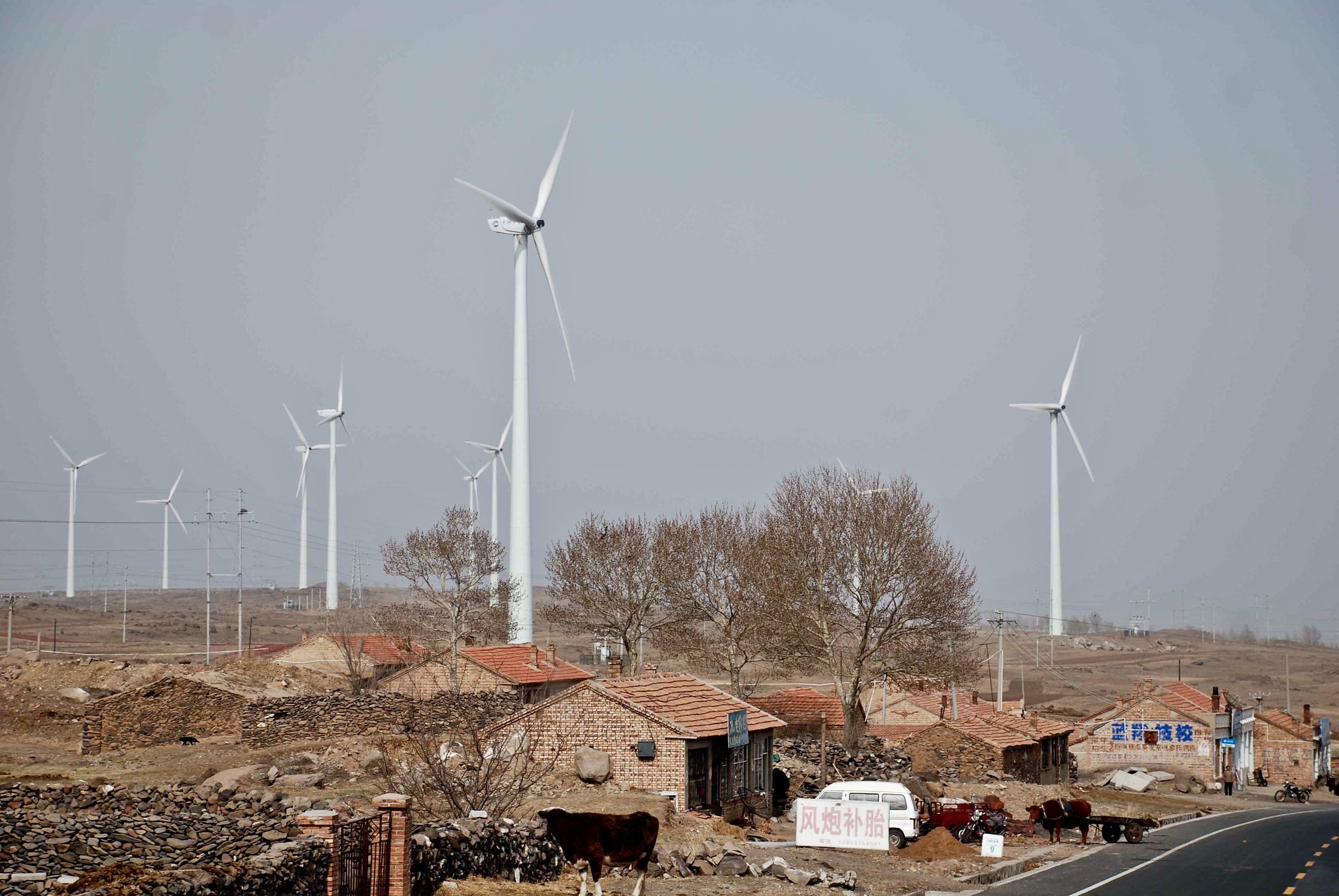Xi Jinping may have skipped this year's COP, but China is making giant strides when it comes to clean energy

There’s been a rare bit of good news when it comes to the energy transition: The International Energy Agency has found that the world’s renewable energy capacity is on course to outpace the 2030 goals set by governments.
That’s in large part thanks to China, which despite being by far the world’s largest carbon emitter is now at the helm of a green energy boom, according to a report published in October. The IEA said it expects renewable energy projects to be rolled out at an increasingly rapid pace over the next six years, and China is expected to account for almost 60 per cent of the renewable energy capacity installed worldwide during that time – between now and 2030 – giving it vast solar power capacity and slowing its coal power pipeline.
There is a catch, though. China’s green energy push has been associated with egregious human rights abuses. It is the world’s biggest producer of solar panels – and Xinjiang, the province at the epicentre of Beijing’s persecution of the Uyghur minority, is the source of nearly half of the world’s solar-grade polysilicon, the primary material used in those panels. That has raised concerns about the use of forced labour in their production.
A 2021 report from Sheffield Hallam University indicated that all polysilicon manufacturers in Xinjiang participate in, or use raw materials from, coercive labour programmes. And the resulting panels are exported worldwide, including to the UK.
This is far from the only area where the green energy transition is being conducted in a way that clashes with human rights. Elsewhere in the world, abuses have been associated with the extraction of minerals needed for renewable power, as we explored in our recent report on lithium mining in Brazil and there have been accusations of land grabs to make way for solar farms.
So while the green energy transition is critical, and news that it is picking up pace – especially in the world’s largest emitter – is truly welcome, we must ensure that it does not replicate the damaging business practices and abuses of fossil fuel extraction. That includes looking at our role here in the UK and where supplies of solar panels, lithium batteries and more are coming from, and under what conditions.
This article is a preview from New Humanist’s winter 2024 issue. Subscribe now.

